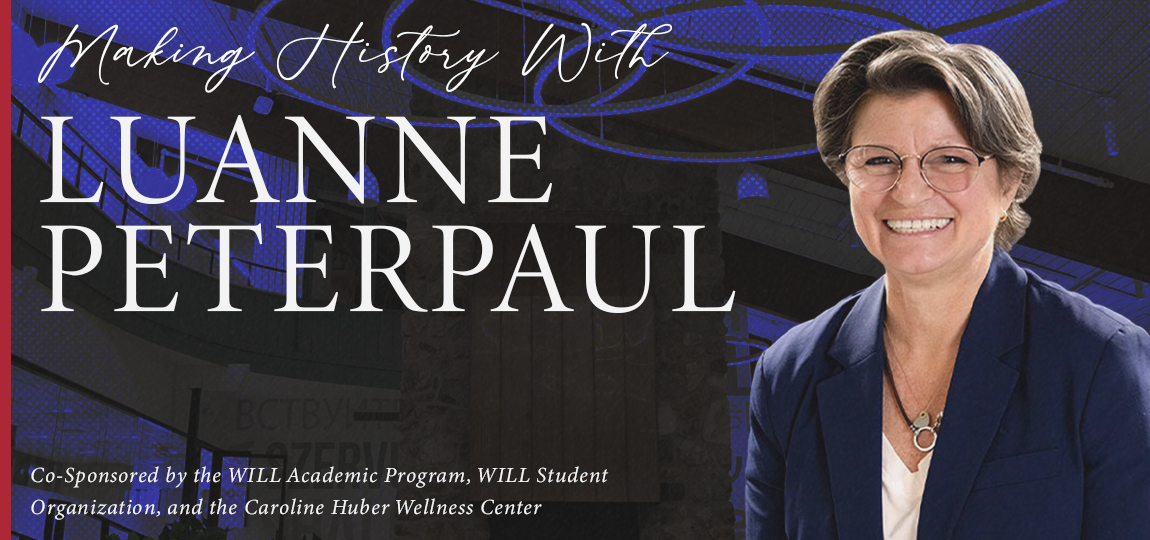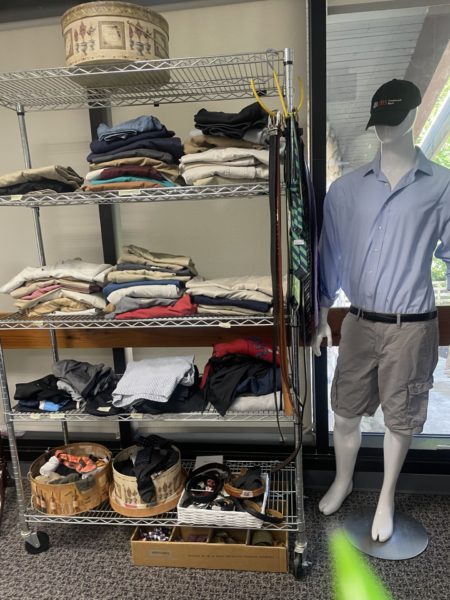Students Speak About The Need To Be Assertive In Mental Health Care
April 19, 2022
It’s no doubt that psychiatry by its nature is a difficult field to work in. The mind is amorphous and difficult to diagnose. These doctors aren’t treating broken bones, they’re making evaluations based on personality, described experiences, and the entire process can be incredibly subjective.
With nearly 250 schools of psychology in a relatively new field of medicine, there is also a lot of room for reasonable disagreement between professionals in the field. This may be the reason why psychiatrists are the least likely to be sued for malpractice- if one doctor is not aligning with your views, you move onto the next one.
But reasonable disagreement can only go so far – a standard of care must be adhered to. Students I spoke to describe experiences that violate this standard of care and can create unnecessary harm and possibly even dangerous situations.
The psychiatric specialty is also experiencing a huge shortage of doctors. The requirements for becoming a trained psychiatrist are the same as becoming any other doctor, with four years of medical school and then several more years of residency programs, but the pay for a psychiatrist is on average less than other doctors.
Because of this shortage, many psychotropic medications, especially antidepressants are being prescribed by primary care physicians with limited training in mental health disorders. According to the American Psychological Association, in 2009 nearly four out of five prescriptions for psychotropic drugs were written by non-psychiatrist physicians.
Mental health has clearly been a huge topic in recent years and the shortcomings and dangerous practices in the industry should not be cast to the side. In a country where one in five adults now take psychotropic medication, and suicide is the second leading cause of death in individuals between the ages of 10 and 34, negligence can be incredibly dangerous.
Aside from depression and antidepressant treatment, medications for bipolar disorder and antipsychotic medication must be closely monitored, failure to do so can lead to physical damage. Even in small doses, the bipolar treatment drug Lithium can have drastically harmful effects on kidneys and cause seizures.
I interviewed three freshmen- and sophomore-aged college students living in Monmouth County, two attend Brookdale, to see what their experiences have been. All three agreed that the industry can be negligent, and that medications are prescribed without proper warnings.
My first interview was with 20-year-old Grace. Recently Grace switched psychiatrists after finding out her prescription exceeded the legal dosage limit by 150 percent. Currently she is going through withdrawals that she calls “horrible, mentally and physically.”
Grace said that her psychiatrist would keep her on medications for excessive periods of time despite her persistent complaints that her symptoms were worsening. She complained about “insane” weight gain and an increase in depressive thoughts. Despite this, her doctor told her for a year she needed to stay on the prescription because, even though she was experiencing all the negative effects and none of the positive, the medication needed more time to “kick in.”
Overall, she describes her experience as concerning. Grace said her prescriptions have changed many times and she has had to do a lot of research on her own to make up for the lack of information given to her by her doctor.
My second interview was with Maggie. Maggie explained how she had gone misdiagnosed for years. Even after a neurological brain scan showed definite ADHD, her psychiatrist wanted to treat her for depression instead, which Maggie felt was simply a product of her untreated ADHD.
The underrepresentation of ADHD in women has also been a point of concern for many people. According to some studies, as many as 50 to 75 percent of girls with ADHD are missed. For ages, the disorder was thought to exist predominantly in men because of women’s more nuanced symptoms. Undetected ADHD can lead to low self-esteem and suffering in many facets of life, oftentimes being the leading contributor to depression and anxiety.
Maggie said her medical appointments last around 15 minutes once every couple months, and her psychiatrist does an “only OK” job of keeping track of health and does a poor job of informing her of the risks and possible side effects of her medication.
Psychiatrists have the lowest rate of malpractice lawsuits, with 41 percent having been sued at some point – low for the medical industry. Licensing boards with professional standards provide some input to psychiatrists, but they don’t control what a psychiatrist does. So even if a consultation leads to disastrous results for the patient, if a standard of care is met, no malpractice has occurred. That’s why it’s so important for patients to pay attention to their own needs and be vocal when things go wrong.
My third interview was with Parker, who has rejected the notion that people should be on antidepressant medication all together. He said he was prescribed medication within the first two minutes of an evaluation, which he felt was odd and premature. Parker believes that antidepressants simply mask the root of people’s depression “and there’s always a roo.t” His personal belief is that instead of allowing chemicals to mask a sadness, it’s better to self-examine and be honest with oneself.
Parker is not the only one who prefers drug-free treatment. According to the Archives of General Psychiatry, published in 2005, “psychotherapy may be just as effective as antidepressants in many cases, without the risk of side effects and with lower instances of relapse, according to some studies. [Steven Hollon PhD psychologist at Vanderbilt University] studied 240 patients with moderate to severe depression and found that patients who responded to cognitive therapy were significantly less likely to relapse into another bout of major depression than patients who responded to antidepressants and were later withdrawn from the drugs.”
To an extent Grace agrees with Parker’s claim but thinks that in the society we’ve built for ourselves, it’s not always possible to fix the root. Grace says that the one thing that has improved her mental health more than anything else has been rock climbing and cross-training, which she does six days a week at an indoor facility.
Another hard truth in the mental health industry is that medication can be more affordable than therapy. Health insurance reimbursements are easier to obtain for drug treatments, than they are for therapy. According to Daniel Carlat, Psychiatric MD and Professor at Tufts University, there is also a sizeable financial incentive for psychiatrists to prescribe instead of doing psychotherapy. The average appointment time as a prescriber is significantly shorter and higher costing, and you can make two to four times as much money than you would being a therapist.
The American Psychological Association in 2012 highlighted a trend of over-prescribing antipsychotic drugs in such vulnerable populations as nursing home residents and foster children. Data provided by a Government Accountability Office reports that foster children are up to four and a half times more likely to be given psychotropic drugs than other children covered by Medicaid.
All of these factors point to the need for patients to be involved and vocal in their mental health care.
































Jen Shields • Apr 21, 2022 at 12:19 PM
Kelly,
Your words speak volumes. With grace and journalistic integrity you bring to light the major shortcomings of mental health diagnosis and treatment. Keep writing, you are called to the craft. And, you are damn good!